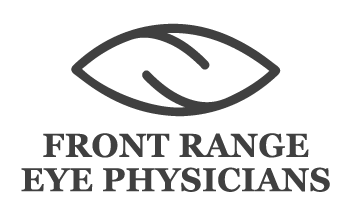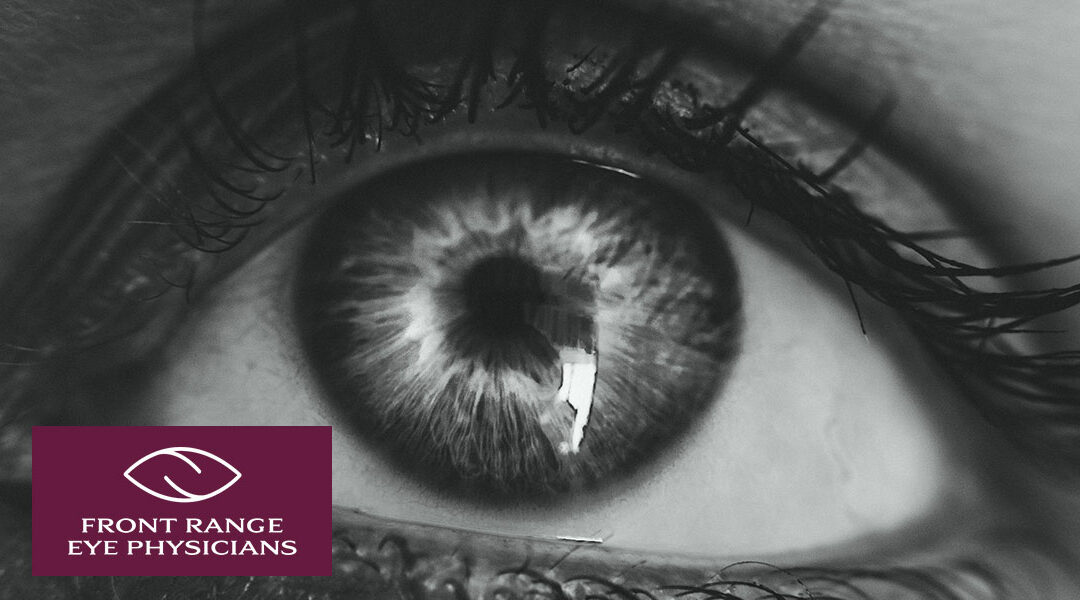1. Age isn’t the only risk factor for cataracts. Though most everyone will develop cataracts with age, recent studies show that lifestyle and behavior can influence when and how severely you develop cataracts. Diabetes, extensive exposure to sunlight, smoking, obesity, high blood pressure and certain ethnicities have all been linked to increased risk of cataracts. Eye injuries, prior eye surgery and long-term use of steroid medication can also result in cataracts.
2. Cataracts cannot be prevented, but you can lower your risk. Wearing UV-blocking sunglasses and brimmed hats when outside can help. Also, eating more vitamin C-rich foods may delay how fast cataracts form. Avoid smoking cigarettes, which do increase the risk of cataract development.
3. Surgery may help improve more than just your vision. During the procedure, the natural clouded lens is replaced with an artificial lens called an intraocular lens, which should improve your vision significantly. Patients have a variety of lenses to choose from, each with different benefits. Studies have shown that cataract surgery can improve quality of life and reduce the risk of falling. If cataracts are interfering with your ability to see well, consider asking your ophthalmologist about cataract surgery.
To learn more ways to keep your eyes healthy, visit the American Academy of Ophthalmology’s EyeSmart® website.

